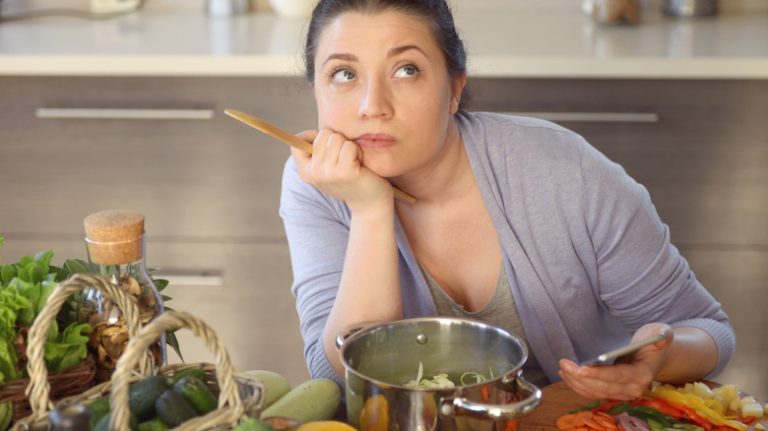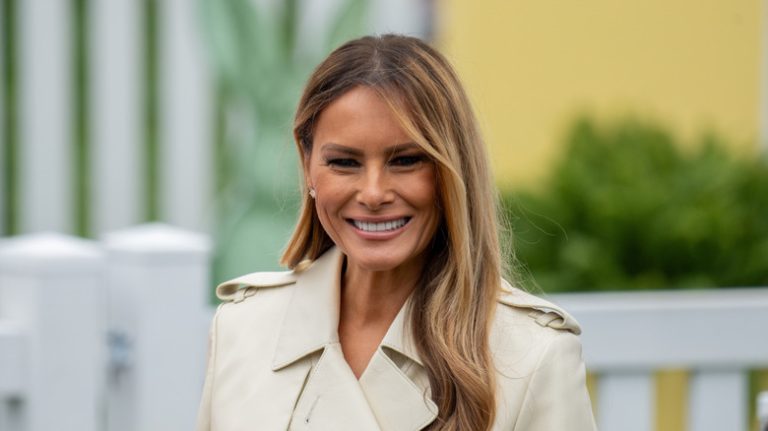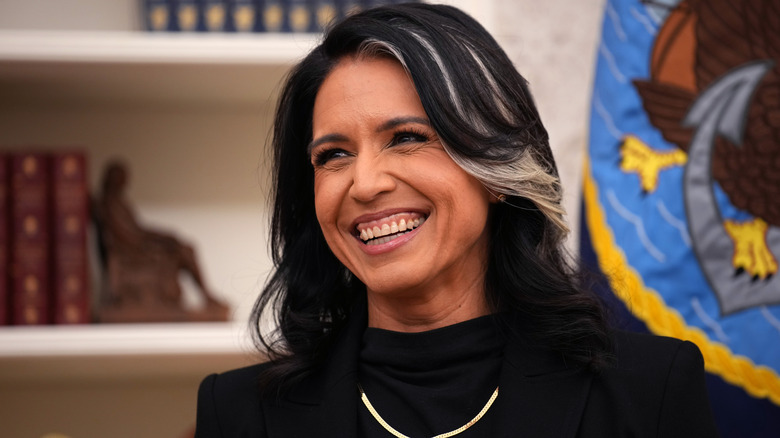
Director of National Intelligence and former presidential candidate Tulsi Gabbard often makes headlines for her political moves, but many people don’t know much about her personal life. She served in Hawaii’s National Guard and eventually became a commissioned officer, deploying twice to the Middle East. A former Democrat, she served four terms in Congress representing Hawaii.
Growing up in Hawaii, Gabbard took up surfing and yoga. She’s also dedicated to fitness, often sharing her intense workouts on Instagram. In an interview with The Economic Times, she said her favorite dishes include dal makhani and anything with fresh paneer. For those unfamiliar with Indian cuisine, dal makhani is made with lentils and kidney beans, while paneer is a soft cheese commonly used in South Asian dishes.
What you won’t find on Gabbard’s plate is meat. While living in American Samoa, her father was put off by the chicken he was served at a luau. He and his wife gave up meat and raised Tulsi and her siblings as vegetarians. Gabbard told VegNews, “For me, deciding to be vegetarian is rooted in a very strong spiritual foundation as a practicing Hindu—and an awareness and a care and compassion for all living beings.” More recently, she became vegan after learning about the impact of eating animals on her health and the climate.
Gabbard’s vegan diet may be healthy, but there’s a catch
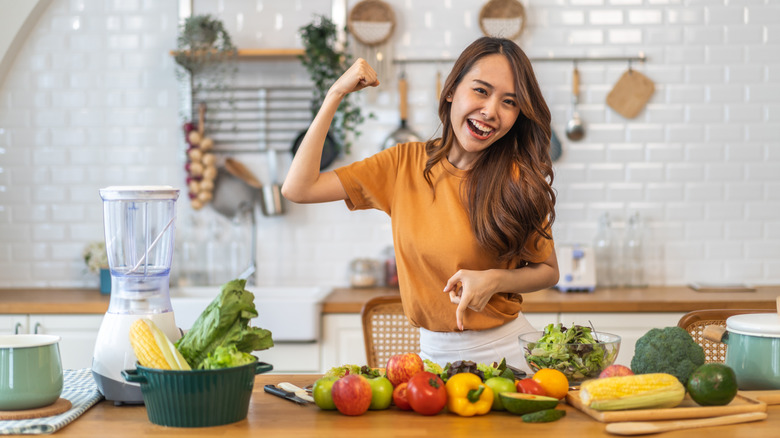
Gabbard joins a group of celebrities like Woody Harrelson, Billie Eilish, and Stevie Wonder who are also vegan. While many people give up all animal products out of concern for animals or the environment, celebrities like Jennifer Lopez told ExtraTV she temporarily adopted a vegan diet to shed her baby weight. Regardless of the reason, what happens to your body when you go vegan is worth noting.
According to a 2023 article in the European Heart Journal, vegetarian diets that emphasize natural foods such as whole grains, legumes, nuts, fruits, and vegetables are rich in fiber, vitamins, minerals, and other important plant-based phytochemicals. These nutrients work together to reduce cholesterol, improve insulin sensitivity, lower blood pressure, protect against inflammation and oxidative stress, and support a healthy gut microbiome. Vegetarians also tend to have lower rates of some cancers than meat-eaters.
Of course, this assumes someone is following a healthy vegetarian diet. There are plenty of junk foods labeled as vegan or meat-free that aren’t necessarily good for you. Just because a cookie is vegan doesn’t mean it’s healthy. Like ultra-processed carnivore foods, vegan diets high in processed products can contain refined carbohydrates, high-fructose corn syrup, saturated fats, sodium, and artificial sweeteners. As a result, people following an unhealthy vegetarian diet may still be at risk for type 2 diabetes, high cholesterol, high blood pressure, inflammation, and an imbalanced gut microbiome.
Can Gabbard get enough protein on a vegan diet?
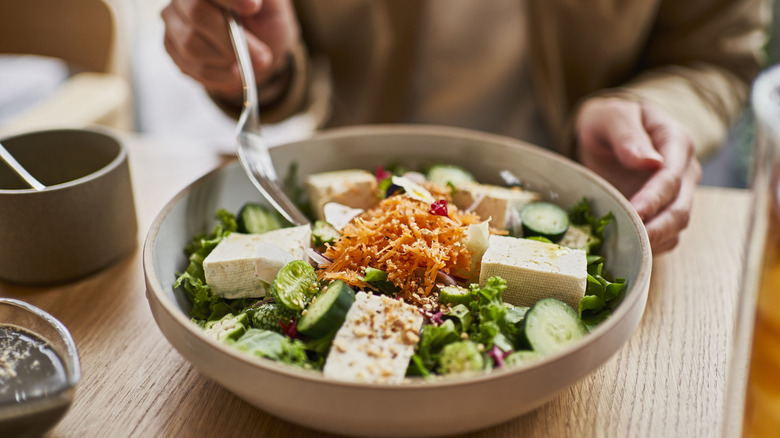
If you’re used to the keto or carnivore diet, going vegan may seem impossible. Instead of focusing on how few carbs you’re eating while snacking on bacon, eliminating all animal products—including dairy—might leave you wondering how you’ll get enough protein. That might be somewhat of a challenge for vegans. A 2021 systematic review in Clinical Nutrition combined results from 48 studies to see if there were nutritional deficiencies in people following vegan diets compared to other types of diets. It’s probably no surprise that vegans consume less protein than meat eaters, but they also tend to consume fewer calories overall.
The study also measured vegans’ daily diets against the World Health Organization’s (WHO) nutritional recommendations. On average, vegans get between 13% and 15% of their daily calories from protein. Since meat, seafood, and dairy are among the best protein sources, the WHO recommends that at least 15% of your daily calories come from protein. Older adults, who naturally lose muscle with age, are advised to consume about 0.34 grams of protein per pound of body weight (here are some vegan protein sources).
Because meat, seafood, and dairy are also rich in B vitamins, vegan diets often fall well below the WHO’s recommendations for vitamin B12. Dairy is also a key source of calcium for bone health, and vegans tend to fall short on calcium intake as well. Other nutrients that may be lower in vegan diets include vitamin B2, niacin, iodine, zinc, potassium, and selenium.


